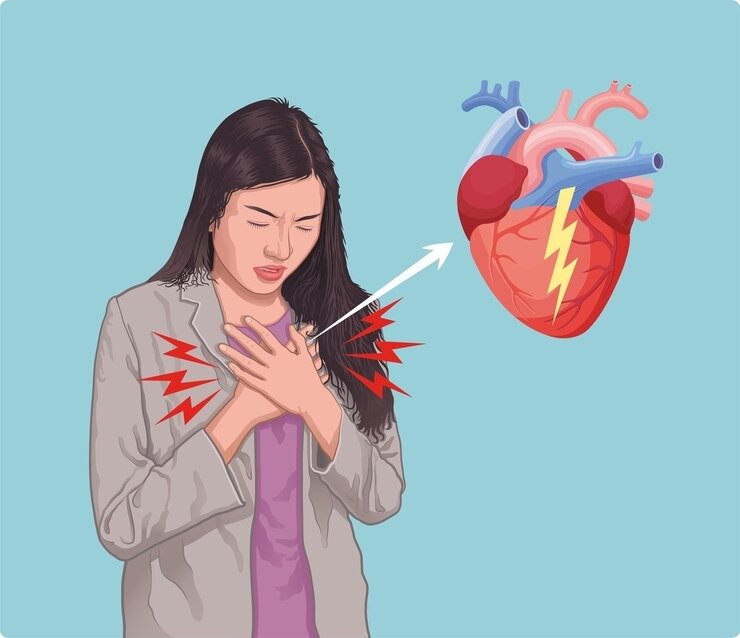SCAD
SCAD


SCAD



When we talk about heart attacks, we often associate them with blocked arteries caused by cholesterol buildup. However, there's another, less common, yet serious condition known as SCAD — Spontaneous Coronary Artery Dissection — that can also lead to a heart attack, especially in younger, healthy individuals who don’t have typical risk factors.
As a leading cardiologist in Meerut, Dr. Mamtesh Gupta believes in spreading awareness about such rare but critical cardiac conditions to ensure timely diagnosis and effective treatment.
What is SCAD?
Spontaneous Coronary Artery Dissection (SCAD) is a condition where a tear forms in the inner wall of a coronary artery. This tear causes blood to flow between the layers of the artery wall, creating a blockage or narrowing that restricts blood flow to the heart muscle — resulting in a heart attack.
Unlike typical heart attacks caused by atherosclerosis (plaque buildup), SCAD occurs spontaneously and is not related to high cholesterol or lifestyle in many cases.
SCAD is most often seen in:
Women (especially those under the age of 50)
Women in the postpartum period
Individuals under extreme emotional or physical stress
Patients with connective tissue disorders (like Marfan or Ehlers-Danlos syndrome)
People with fibromuscular dysplasia (FMD)
It is important to note that SCAD can affect healthy, active individuals with no prior cardiac history, which makes it particularly alarming.
The symptoms of SCAD closely resemble those of a typical heart attack and include:
Chest pain or pressure
Shortness of breath
Sweating
Nausea
Pain in the arms, neck, or jaw
Dizziness or fainting
Dr. Mamtesh Gupta uses a variety of diagnostic tools to confirm SCAD, including:
Coronary Angiography – to view the arteries in real-time
Intravascular Ultrasound (IVUS) or OCT – to get a better view of artery walls
Cardiac MRI or CT scans – for assessing heart function and anatomy
Treatment for SCAD differs from typical coronary artery disease. In many cases, conservative management is preferred if blood flow is not severely impaired. Treatment options include:
Medications such as beta-blockers, aspirin, and sometimes blood thinners
Lifestyle modifications and cardiac rehabilitation
In rare cases where blood flow is critically blocked, procedures like angioplasty or bypass surgery may be needed
Recovery from SCAD can be both physical and emotional. Dr. Mamtesh Gupta emphasizes the importance of:
Regular follow-up care
Managing stress
Avoiding high-intensity exercise (unless cleared)
Attending cardiac rehabilitation programs
Patients often feel anxious about recurrence, and emotional support plays a key role in the recovery process.
If you experience chest discomfort or suspect heart-related symptoms, do not ignore them — even if you are young or healthy. SCAD is rare but very real, and early medical attention can save lives.
With her deep expertise in both common and rare heart conditions, Dr. Mamtesh Gupta is committed to providing accurate diagnoses and personalized care. If you're concerned about your heart health or have experienced unexplained symptoms, schedule a consultation with Dr. Gupta today.
Book your consultation today and take the next step toward protecting your heart and your life.